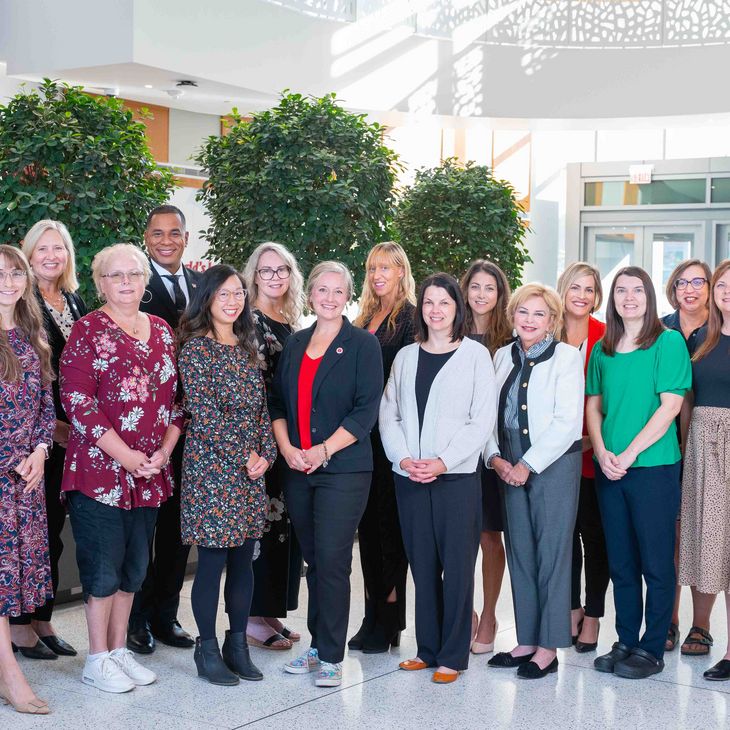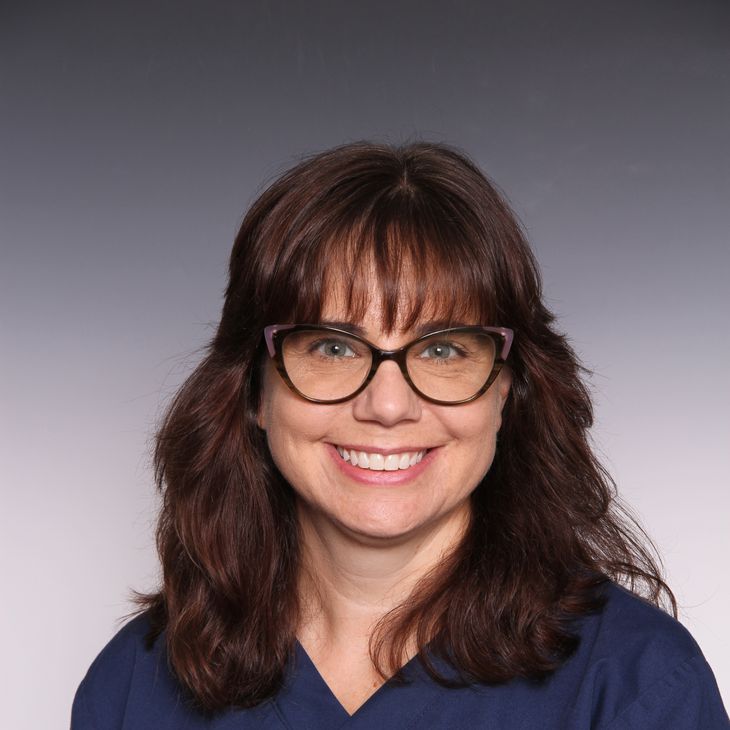Cervical cancer, rabies, food safety among first issues to address
In a country where cervical cancer kills thousands of women each year and rabid dogs endanger the human population, there is plenty of will, and even money, to fix these problems, but not enough trained people to do it. Those facts concerning Ethiopia are about to change.
The African nation has partnered with The Ohio State University to chart a course for a new and healthier future for Ethiopians and potentially citizens in neighboring African countries.
The first comprehensive One Health Summer Institute, representing a long-term partnership between Ohio State and a number of Ethiopian government agencies, service organizations and academic institutions, is officially under way. Spanning from June 17 to Aug. 10, the initiative’s inaugural series of classes, projects and workshops partner 20 Ohio State faculty and students with hundreds of Ethiopian students, healthcare professionals and policymakers eager to improve their nation’s well-being.
Developed last year over a series of meetings in which all seven of Ohio State’s health sciences deans visited Ethiopia to develop plans, the “One Health” partnership is designed to create sustainable and mutually beneficial collaborations primarily in the areas of teaching, research and outreach. In addition to its contribution to Ohio State’s emphasis on global health and outreach, the initiative represents the first time the university’s health sciences colleges have teamed for an international project of this scope.
“One Health,” according to the Centers for Disease Control and Prevention, refers to a worldwide effort to “attain optimal health for people and animals by promoting global collaboration between human and veterinary medicine while engaging the principles of public health and ecosystem health.”
Ohio State is one of few institutions in the country poised to carry out this kind of mission, said Lonnie King, executive dean of health sciences colleges and dean of the College of Veterinary Medicine at Ohio State.
“When we say ‘One Health,’ we really mean it. We live it and breathe it every day,” he said. “Were it not for Ohio State’s rich history and depth and breadth in the health sciences, this kind of global partnership couldn’t happen.”
The health sciences colleges consist of dentistry, medicine, nursing, pharmacy, public health, optometry and veterinary medicine. The colleges’ on-site participation will vary over time, and not all seven colleges will be represented in Ethiopia this summer. Additional participation is expected by faculty and students in the College of Food, Agricultural and Environmental Sciences.
Three priorities top the agenda this summer, identified by Ethiopian officials as the most critical to address: improved screening and treatment opportunities to tackle cervical cancer, which kills an estimated 6,000 women annually; a needs assessment and feasibility test of rabies prevention and control methods; and improvements in food security and safety, from farm to table.
“This initiative underscores the strength of Ohio State in health and wellness and food production and security – two Discovery Theme areas identified for significant investments over the next decade,” said Interim President Joseph A. Alutto. “We will apply what we learn from this partnership to future collaborations that extend Ohio State’s reach in the global community and bring the world’s issues to our own doorstep.”
Much of Ohio State’s contribution will be teaching and training Ethiopian students and professionals at the campuses of two institutions: Addis Ababa University and the University of Gondar. Ethiopia has invested heavily in its education infrastructure, growing the number of the nation’s universities from three to 31 in 10 years.
The growth in the number of schools reflects the nation’s urgent need for professionals who can deliver all types of healthcare. Ethiopia, which has a population of 88 million, is home to 225 total dentists, including 10 specialists, and there is one physician for every 38,000 citizens. Next door, in Sudan, this ratio is one doctor for every 4,500 residents.
“Ethiopia has pumped a lot of resources into its educational system, but this has created a knowledge gap because there are not enough professionals with the proper teaching skills in key sciences to simultaneously increase the availability of healthcare practitioners,” said Wondwossen Gebreyes, professor of veterinary preventive medicine and director of global programs in Ohio State’s College of Veterinary Medicine. “Ohio State will not be there forever – we intend to build their capacity to train future trainers.”
Gebreyes, who received his doctor of veterinary medicine degree from Addis Ababa University, has helped coordinate the interdisciplinary, cross-college initiative and is a participating faculty trainer. He will be on-site through July 19, teaching courses and helping run a stakeholders workshop on rabies prevention and control intended to “enable us to develop a roadmap document that will outline a way to eliminate rabies from the region, and to later scale up the program beyond Ethiopia’s borders,” he said.
Nursing faculty are teaching research methods to Ethiopian students, who will submit proposals for research projects before the course’s end. The College of Nursing is also leading the cervical cancer initiative with hopes to dramatically improve upon the five-percent rate of Ethiopian women who currently receive screenings for this preventable cancer.
During the same period in July, Michael Bisesi, interim dean of the College of Public Health, will spearhead a project focused on identifying potential areas of exposure to contaminants in the food system and developing methods to lower those exposure rates.
Courses and workshops taught by Ohio State faculty will cover such topics as foodborne diseases, international trade and public health, molecular epidemiology of infectious diseases, ethics in biomedical research and epidemiology of diseases that pass from animals to humans (such as rabies).
Meanwhile, optometry faculty will explore ways to increase Ethiopia’s capacity to deliver vision and eye care, and a neurosurgeon will train a select group of physicians as part of a long-term effort to develop an exchange program for these types of medical specialists.
In all, 15 Ohio State faculty and five graduate students are making the trip, partnering with six instructors and researchers from the two Ethiopian universities to compose the inaugural summer institute’s faculty roster.
This summer is only the beginning of what is expected to be a long and fruitful collaboration, Gebreyes said. He noted that between summer sessions, participants plan to take advantage of technology by populating a global online repository with recorded lectures and course materials. The target launch date of the site is mid-August.
Future projects could include service-learning opportunities for Ohio State students, development of new certification and PhD programs and research on additional health problems that include leishmaniasis, HIV-tuberculosis interaction and shortages in mental healthcare.
Contact: Emily Caldwell, 614-292-8310



